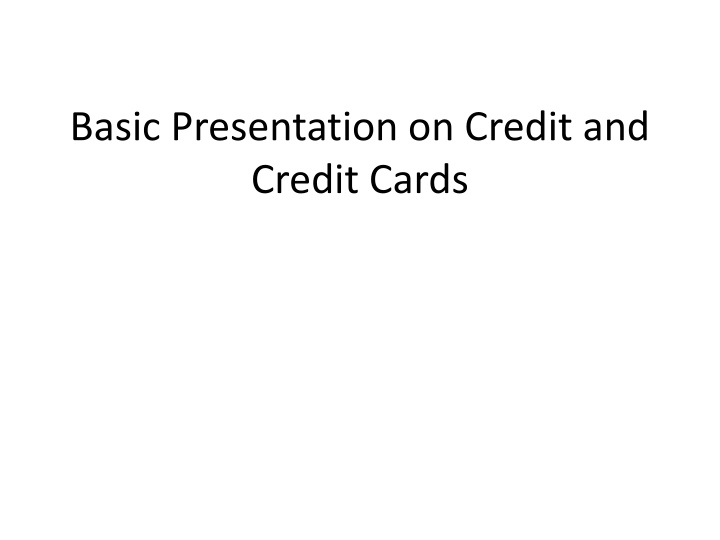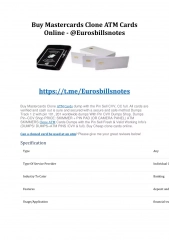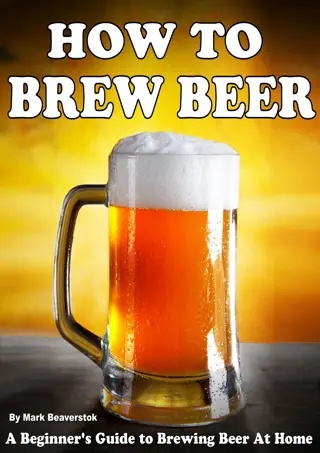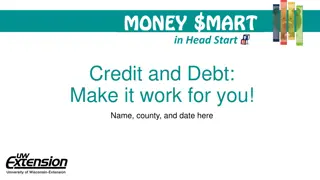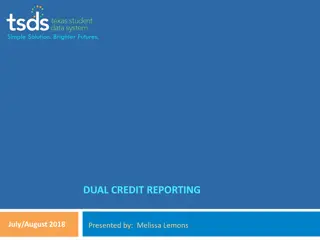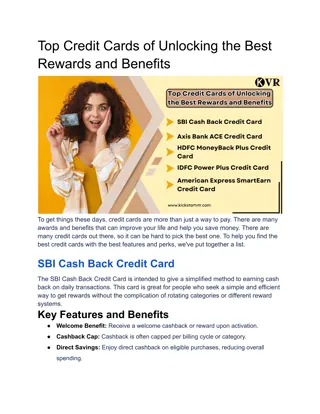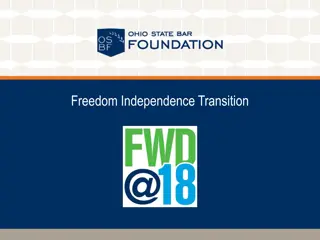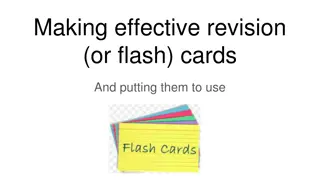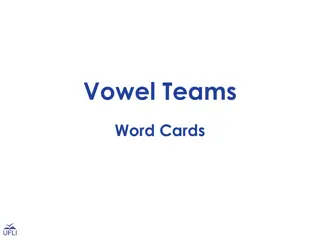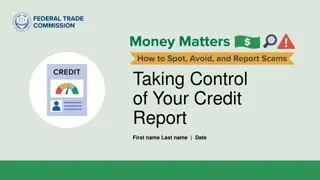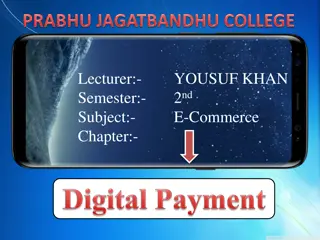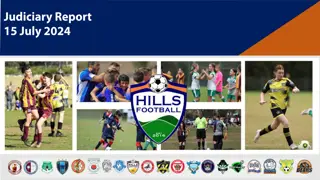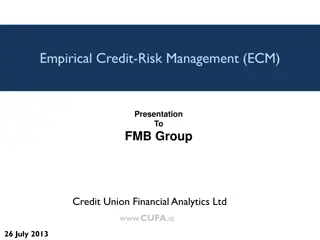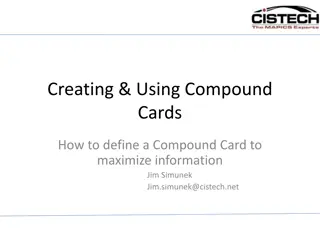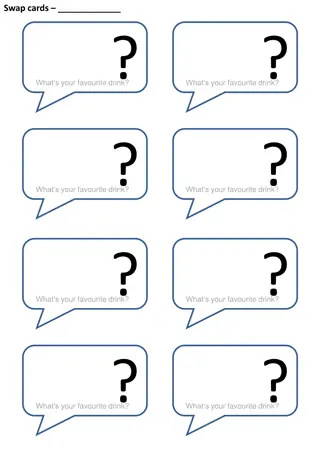Credit Cards: A Beginner's Guide
Explore the basics of credit cards, including how they work, differences from debit and prepaid cards, obtaining one, and building credit. Learn about credit character, revolving credit, and tips for getting approved for a credit card. Discover the importance of good credit and income when applying for a credit card.
Download Presentation

Please find below an Image/Link to download the presentation.
The content on the website is provided AS IS for your information and personal use only. It may not be sold, licensed, or shared on other websites without obtaining consent from the author.If you encounter any issues during the download, it is possible that the publisher has removed the file from their server.
You are allowed to download the files provided on this website for personal or commercial use, subject to the condition that they are used lawfully. All files are the property of their respective owners.
The content on the website is provided AS IS for your information and personal use only. It may not be sold, licensed, or shared on other websites without obtaining consent from the author.
E N D
Presentation Transcript
Basic Presentation on Credit and Credit Cards
Credit Card Basics A credit card is a loan that is based on the character, or reputation, of the person that holds the card. How does the credit card company know the character of the card holder? By getting that person s credit score or credit history.
A credit card might also be given based on a person s wages, or what he or she is paid at his/her job. This is a common way that a young person, who has no credit history, gets his or her first credit card.
A credit card is not the same as a debit card. Why not?
A credit card is not the same as a pre-paid card, such as a CTA card, an iTunes gift card, or a Walmart Moneycard. Why not?
A credit card is what is called revolving credit. This means that the cardholder is given a credit limit, which is used up when the card is used but is restored when payment is made. We ll talk about that more later.
How to Get a Credit Card? From a bank or credit union where you have an account. From a bank or credit union where a parent has an account. From a credit union where you work. On-line by searching for credit card application
It will be easier to get a credit card if you have (i) good credit character and (ii) a job. A credit card is a mixture of two types of credit credit based on character and credit based on income, or pay.
It is easy to show that you have a job you just need a pay stub. But how do you show good credit character to a credit card company that has never heard of you?
Every person who has ever had credit, including even a data plan, has a credit history that is tracked by three companies. A credit history is like a report card for adults. A credit score is like a GPA.
How do these companies know so much about your credit? What can you do to build a good credit history and score?
What else can credit reports be used for? - Look for mistakes that may be giving you a bad credit report and score; - Look to see if you have been a victim of identity theft; - Look to see if a family member used your Social Security number when you were young.
How does a Credit Card work? Charges on the card are billed once a month. Payment of the bill is due in about 25 days.
If you pay the credit card bill on- time and in full, you will pay no interest on the amount of the bill. THIS IS THE MOST IMPORTANT LESSON OF THIS CLASS.
Instead of paying in full, you can make a minimum payment. For example, if the charges on the bill add up to $100, you may be allowed to make a minimum payment of $20 and still be able to use the card.
Minimum Payment Good or bad idea? Minimum payments can make it take a very long time to pay off something, like a computer, purchased with a credit card.
Example: Buying a $1,000 Laptop By Using A Credit Card What is the Real Cost of the Computer if the Interest Rate is 18%? Minimum Payments of $100 IT WILL TAKE 11 MONTHS TO PAY OFF THE COMPUTER TOTAL COST OF $1,092 Minimum Payments of $50 IT WILL TAKE 24 MONTHS TO PAY OFF THE COMPUTER TOTAL COST OF $1,198
Why is the total cost more than the price of the computer?
What is compound interest? It is like a snowball rolling down hill, gathering more interest as it rolls, until it gets so big that it crushes you.
What happens when the snowball of compound interest crushes you? Judgment Wage garnishment Bankruptcy
